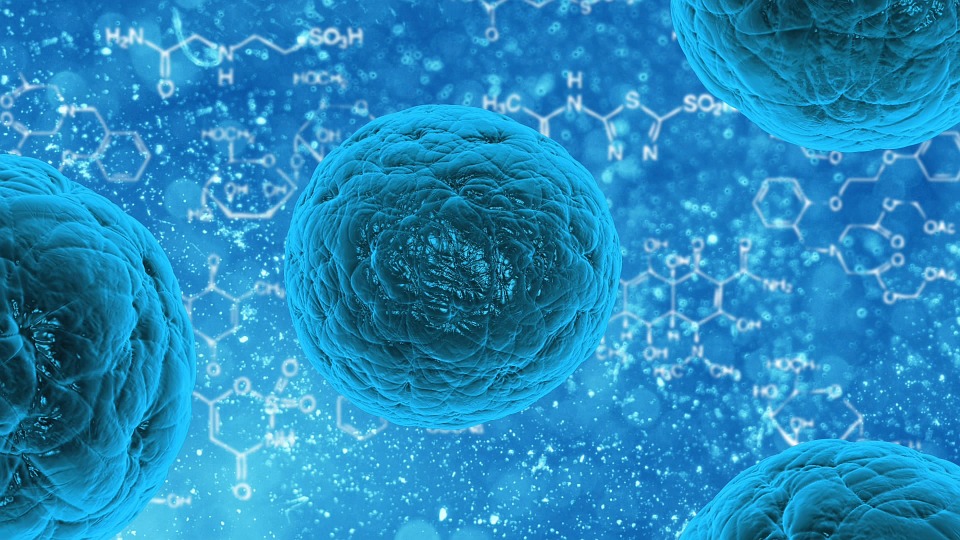Autologous hematopoietic stem cell transplantation (aHSCT) has been shown to be safe and highly effective to treat patients with “aggressive” multiple sclerosis (MS). Tested in 19 patients, transplantation of stem cells was found to induce clinically meaningful improvements in disability.
These findings were shared at the 2018 Annual Meeting of the American Academy of Neurology (AAN) in Los Angeles, California, in a presentation titled “Autologous Haematopoietic Stem Cell Transplantation in Treatment Naïve Patients with ‘Aggressive’ Multiple Sclerosis.”
aHSCT uses a patient’s own healthy bone marrow stem cells, in combination with a much less aggressive chemotherapy and/or radiation regimen, to prepare the patient for the transplant.
Previous studies have suggested that aHSCT is an effective strategy to treat patients with highly active relapsing-remitting MS (RRMS) who do not respond to available disease-modifying therapies (DMTs), and international guidelines advocate for its use in patients with “aggressive” MS.
To further demonstrate the potential of aHSCT as a treatment for “aggressive” MS, a research team evaluated its safety and effectiveness in MS patients who had not been treated previously with DMTs.
A total of 19 patients were treated across several clinical centers: seven patients were from Sheffield, U.K., seven from Uppsala, Sweden, four from Ottawa, Canada, and one patient was from Florence, Italy. All patients received aHSCT between May 2004 and May 2017.
Read the full article here
